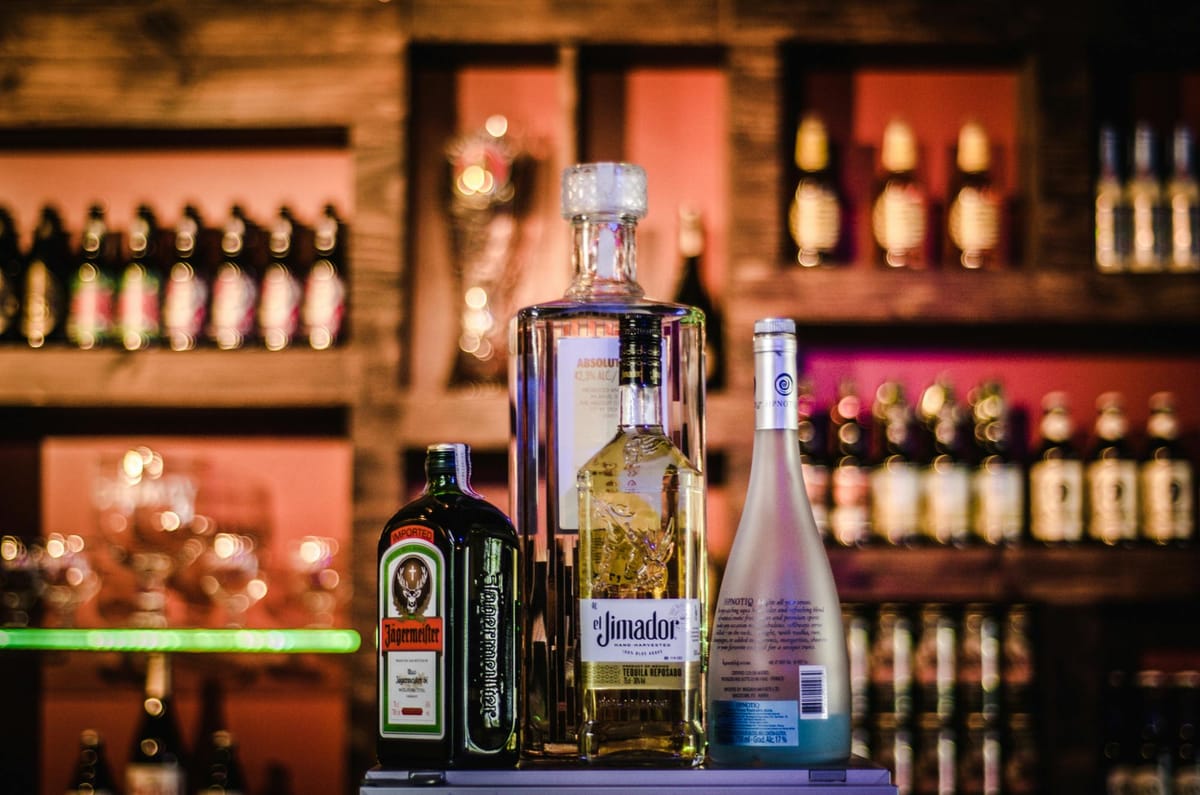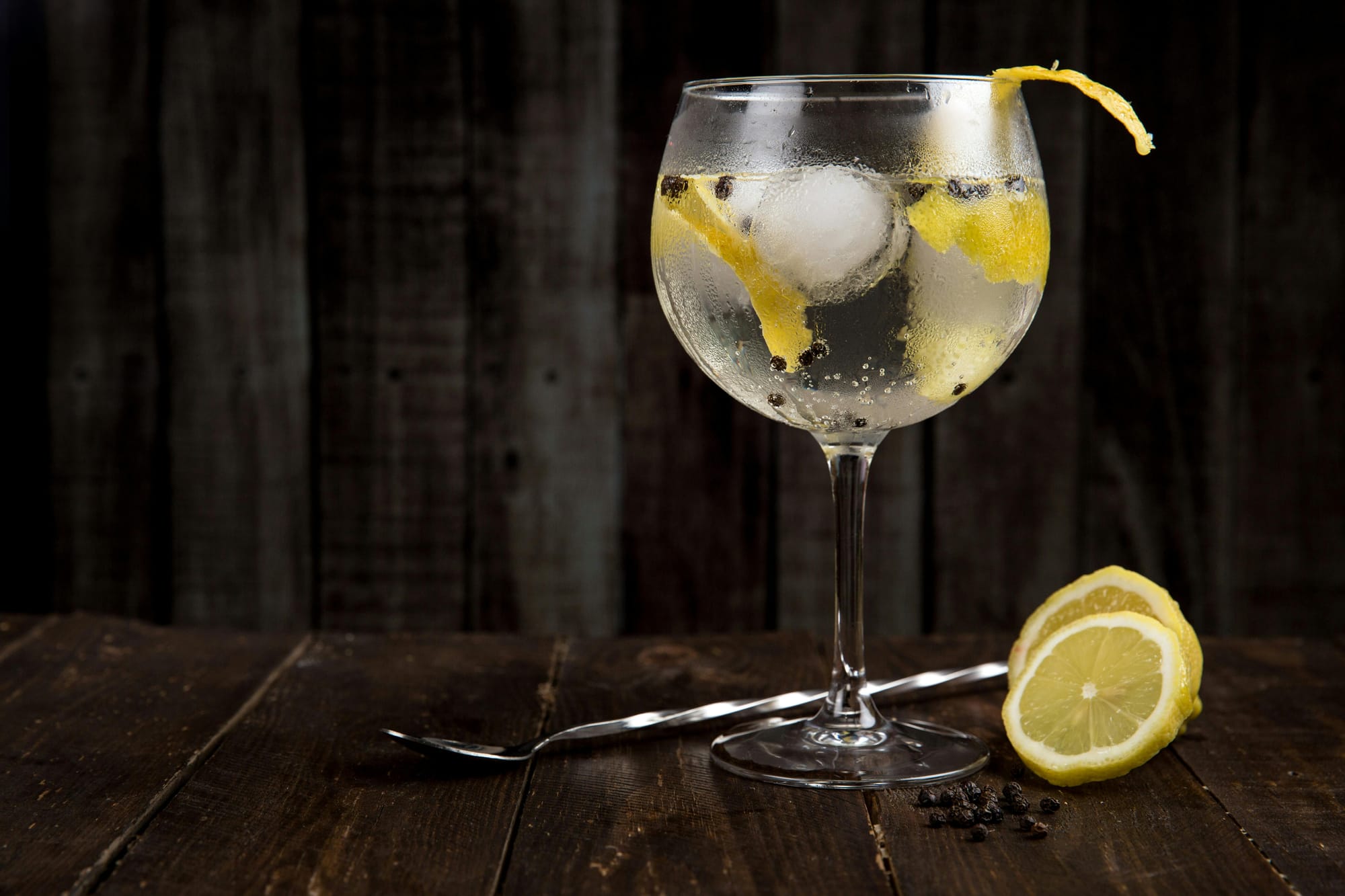Alcohol and Mounjaro: What You Need to Know
Embarking on a journey with Mounjaro to support weight loss is a commendable step towards better health. Let’s explore this topic, covering the science behind alcohol metabolism, how it may interact with Mounjaro, and the best approach to drinking responsibly while on this medication.

Embarking on a journey with Mounjaro to support weight loss is a commendable step towards better health. Naturally, questions arise about how lifestyle choices, particularly alcohol consumption, might influence your progress. Let’s explore this topic, covering the science behind alcohol metabolism, how it may interact with Mounjaro, and the best approach to drinking responsibly while on this medication.
Understanding Mounjaro
Mounjaro is a medication prescribed to improve blood sugar control in adults with type 2 diabetes, and it has also been associated with significant weight loss benefits. It belongs to a class of drugs known as GLP-1 and GIP receptor agonists, meaning it mimics hormones that regulate blood sugar and appetite. By stimulating these receptors, Mounjaro helps the body produce insulin more efficiently, reduces the amount of glucose released by the liver, and slows down digestion, which contributes to prolonged feelings of fullness.
These mechanisms make Mounjaro highly effective for weight loss and blood sugar control, but they also mean that certain lifestyle choices—like alcohol consumption—may require additional consideration.
Alcohol and Its Effects on Metabolism
Alcohol is metabolised primarily in the liver, where it is converted into acetaldehyde—a toxic compound—before being further broken down into acetate and eventually water and carbon dioxide. Unlike macronutrients such as carbohydrates, fats, and proteins, alcohol is prioritised in the metabolic process because the body considers it a toxin that must be removed quickly.
This priority given to alcohol metabolism can lead to several important effects:
- Impaired fat burning – When alcohol is present, the body temporarily pauses fat oxidation, meaning that any dietary fats consumed are more likely to be stored rather than burned for energy.
- Blood sugar fluctuations – Alcohol can cause significant changes in blood sugar levels. Initially, it may raise blood glucose, but it can later lead to a sharp drop, increasing the risk of hypoglycaemia, especially for individuals with diabetes.
- Increased appetite and cravings – Alcohol can stimulate hunger and lower inhibitions, leading to poor food choices and overeating, which may counteract the appetite-suppressing effects of Mounjaro.
- Dehydration and digestive impact – Alcohol is a diuretic, which can contribute to dehydration. Given that Mounjaro may already slow digestion, alcohol could exacerbate gastrointestinal side effects such as nausea, bloating, or constipation.
Potential Interactions Between Mounjaro and Alcohol
While there is no direct contraindication between Mounjaro and alcohol, combining the two may present challenges. Some key areas to consider include:
1. Blood Sugar Control
Both alcohol and Mounjaro impact blood sugar regulation. Alcohol can lead to unpredictable blood sugar swings, particularly hypoglycaemia, which can be dangerous for those with diabetes. Mounjaro, by improving insulin response and lowering blood sugar levels, may enhance this effect. Drinking alcohol without consuming food may further increase the risk of hypoglycaemia, leading to symptoms such as dizziness, confusion, and even fainting.
2. Side Effects and Gastrointestinal Distress
Mounjaro commonly causes side effects such as nausea, vomiting, diarrhoea, and slowed digestion. Alcohol, particularly stronger drinks like spirits or carbonated beverages like beer and prosecco, may exacerbate these symptoms. Drinking while experiencing Mounjaro-related nausea could worsen discomfort and lead to further digestive upset.
3. Weight Management and Metabolism
Many people use Mounjaro to support weight loss. Alcohol contains empty calories—calories that provide no nutritional benefit but still contribute to overall intake. Some examples include:
- A pint of beer: ~200 calories
- A glass of wine: ~120–150 calories
- A single shot of spirits: ~100 calories (not including mixers, which can add even more)
Excessive alcohol consumption can hinder weight loss progress by reducing fat metabolism, increasing appetite, and encouraging poor food choices. This effect may be particularly pronounced if Mounjaro has already reduced your appetite, as alcohol could override that suppression.

UK Healthcare Guidance on Alcohol Consumption
The NHS recommends that both men and women should not regularly consume more than 14 units of alcohol per week. This is approximately:
- 6 pints of average-strength beer (4% ABV)
- 6 medium glasses of wine (175ml, 12% ABV)
- 14 single shots of spirits (25ml, 40% ABV)
The guidelines also advise spreading alcohol intake over three or more days if you consume the full 14 units. Binge drinking (drinking large amounts in a short period) is strongly discouraged due to its impact on both physical and mental health.
For those using Mounjaro, adhering to these guidelines is even more important, given the potential risks of hypoglycaemia, digestive side effects, and weight management challenges.
Best Practices for Drinking Alcohol While on Mounjaro
If you choose to consume alcohol while taking Mounjaro, here are some tips to minimise risks and maintain your health progress:
1. Drink in Moderation
Stick to NHS recommendations and avoid excessive alcohol consumption. If you find that alcohol worsens your side effects, consider cutting back or abstaining.
2. Never Drink on an Empty Stomach
Eating before drinking can slow alcohol absorption and help stabilise blood sugar levels. Opt for a balanced meal that includes protein, healthy fats, and fibre.
3. Choose Low-Calorie, Low-Sugar Options
Some alcoholic drinks are high in sugar and calories, which can affect both blood sugar and weight loss goals. Lower-calorie options include:
- Dry wine instead of sweet wine
- Clear spirits (vodka, gin) with soda water and lime instead of sugary mixers
- Light beer instead of full-strength beer
4. Stay Hydrated
Drink water between alcoholic beverages to stay hydrated and reduce the risk of nausea or dehydration.
5. Monitor Your Body’s Response
Pay close attention to how alcohol affects your blood sugar, appetite, and side effects from Mounjaro. If you notice negative reactions, consider reducing or eliminating alcohol from your diet.
6. Consult Your Healthcare Provider
Before making any changes to your alcohol consumption, discuss it with your GP or healthcare professional, particularly if you have diabetes or other underlying conditions.
Final Thoughts
While alcohol is not strictly off-limits for those taking Mounjaro, it is essential to approach it with caution. Understanding how alcohol interacts with your metabolism and medication can help you make informed decisions that support your health and weight loss goals. Moderation, mindful drinking, and close attention to your body’s signals will help you navigate this balance effectively.
Disclaimer: This article is for informational purposes only and should not replace professional medical advice. Always consult a healthcare professional regarding any concerns about your medication and lifestyle choices.

Comments ()